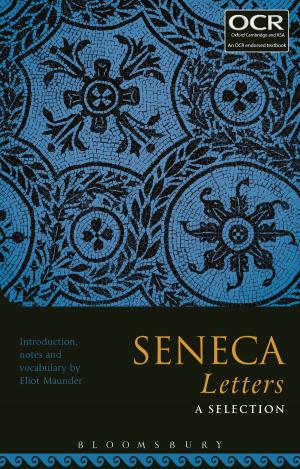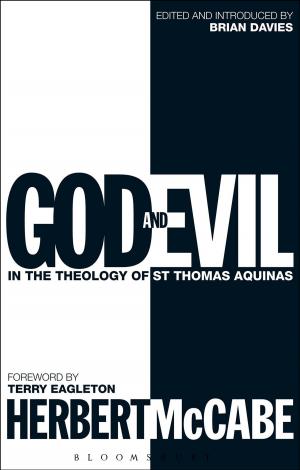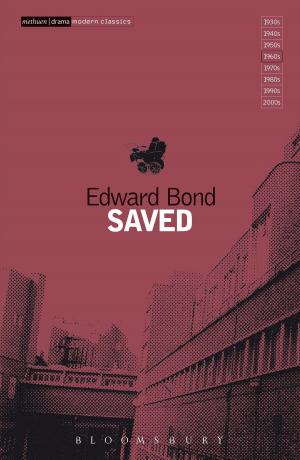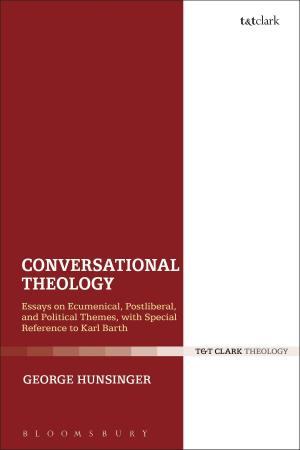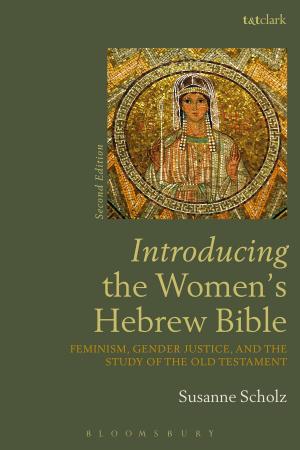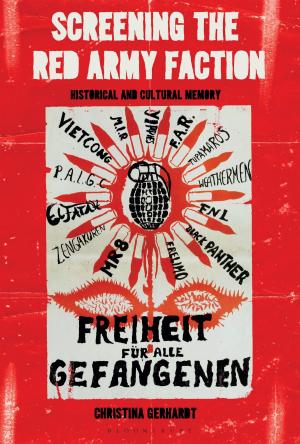The Rolling Stones' Some Girls
Nonfiction, Entertainment, Music, Theory & Criticism, History & Criticism, Reference, Pop & Rock, Rock| Author: | Cyrus R.K. Patell | ISBN: | 9781441102911 |
| Publisher: | Bloomsbury Publishing | Publication: | June 9, 2011 |
| Imprint: | Continuum | Language: | English |
| Author: | Cyrus R.K. Patell |
| ISBN: | 9781441102911 |
| Publisher: | Bloomsbury Publishing |
| Publication: | June 9, 2011 |
| Imprint: | Continuum |
| Language: | English |
It's October 1977, and the Rolling Stones are in a Paris recording studio. They're under siege. Keith Richards's legal troubles after his arrest for heroin possession threaten the band's future, and the broad consensus among rock aficionados is that the band will never again reach the heights of Exile on Main Street.
But Mick Jagger is writing lyrics inspired by the year he has just spent in New York City, where he was hanging out with the punks at CBGB and with the glitterati at Studio 54. And new bandmember Ron Wood is helping Richards recapture the two-guitar groove that the band had been missing since the Brian Jones era. The result? Some Girls, the band's response both to punk rock and to disco, an album that crackles with all the energy, decadence, and violence of New York in the 1970s. Weaving together the history of the band and the city, Cyrus R. K. Patell traces the genesis and legacy of the album that Jagger would later call the band's best since Let It Bleed.
It's October 1977, and the Rolling Stones are in a Paris recording studio. They're under siege. Keith Richards's legal troubles after his arrest for heroin possession threaten the band's future, and the broad consensus among rock aficionados is that the band will never again reach the heights of Exile on Main Street.
But Mick Jagger is writing lyrics inspired by the year he has just spent in New York City, where he was hanging out with the punks at CBGB and with the glitterati at Studio 54. And new bandmember Ron Wood is helping Richards recapture the two-guitar groove that the band had been missing since the Brian Jones era. The result? Some Girls, the band's response both to punk rock and to disco, an album that crackles with all the energy, decadence, and violence of New York in the 1970s. Weaving together the history of the band and the city, Cyrus R. K. Patell traces the genesis and legacy of the album that Jagger would later call the band's best since Let It Bleed.

